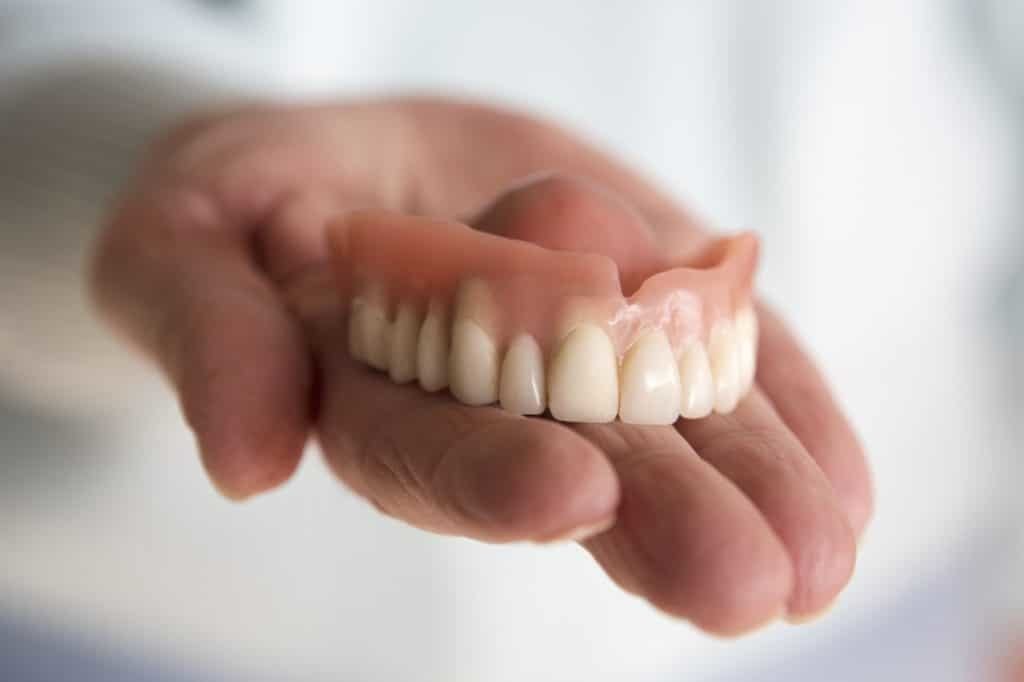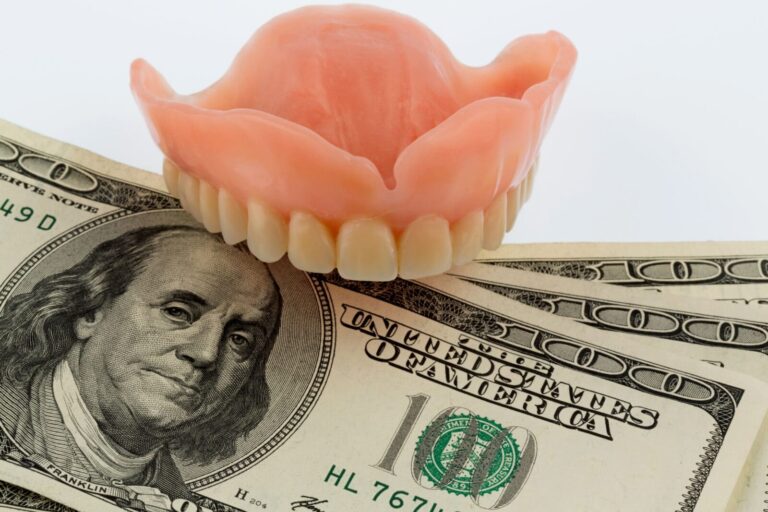Does Medicare Cover Dentures?
Did you know around 57% of Americans aged 65 to 74 wear dentures?
This is the age when they’d qualify for Medicare coverage, so many are asking, are dentures covered by Medicare?
One thing you need to know about Medicare is that it has different coverage programs. There’s Part A, which some people will qualify to without enrolment. Then there’s also Part B, which has different coverage.
There are more programs; now the question is – does Medicare cover dentures? Find out if Medicare will pay for your dentures and more by reading below.
1. Does Medicare Cover Dentures?
The short answer is no – the typical Medicare program doesn’t include dental coverage. For dental check-ups, cleanings, extractions, dentures, and dental implants, you’ll have to pay the full amount out-of-pocket.
However, there are some dental procedures that Medicare might cover, provided that they’re needed as a part of another procedure covered by your insurance. For example, you may require an oral exam prior to kidney transplant surgery. In this case, Medicare will take care of your oral expenses.
It might also cover teeth extractions, but you can’t make Medicare pay for dentures following the procedure.
2. How to Get Medicare Dentures Coverage?
There’s a plan that includes coverage not part of the original Medicare – the Advantage program. Also called Part C, this plan offers additional coverage, which might include dental procedures and even dentures.
Since this is an offering by private insurance companies, the costs will vary. You’ll also need to look for one that includes your desired coverage.
While you’re at it, check if the plan pays for your Part B premiums, as well. Some plans pay a part of the premium or all of it.
3. Who Qualifies for the Medicare Advantage Plan?
You’ll have to enroll in Medicare Parts A and B first before you can get Part C. This means you’ll have to be a U.S. citizen or a permanent legal resident. You must also be at least one of the qualifications below:
- 65 years old and above and eligible for Social Security
- Have a disability and receiving disability benefits for at least 2 years
- Have end-stage renal disease (ESRD)
- Have Lou Gehrig’s disease
You must also be within the service area of a Medicare Advantage plan. If you have ESRD, though, you might not be eligible for Part C.
There are some exceptions to this, though. Call Medicare or talk to a licensed insurance agent to know more.
What are the Other Ways to Get Dental Coverage
Aside from getting a Medicare Advantage plan, you might also consider other ways to get dentures. You can get Medigap plans, a stand-alone dental insurance plan, or a dental discount plan. Ask your spouse if you can enroll in their dental plan, as well.
Does Medicare cover dentures? No, it doesn’t, but there are options to help you finance them.
The next step is to get a plan that will cover this and your other dental needs. Check out our other guides to get more medical coverage. You can start by getting dental insurance outside of Medicare by following this guide.




